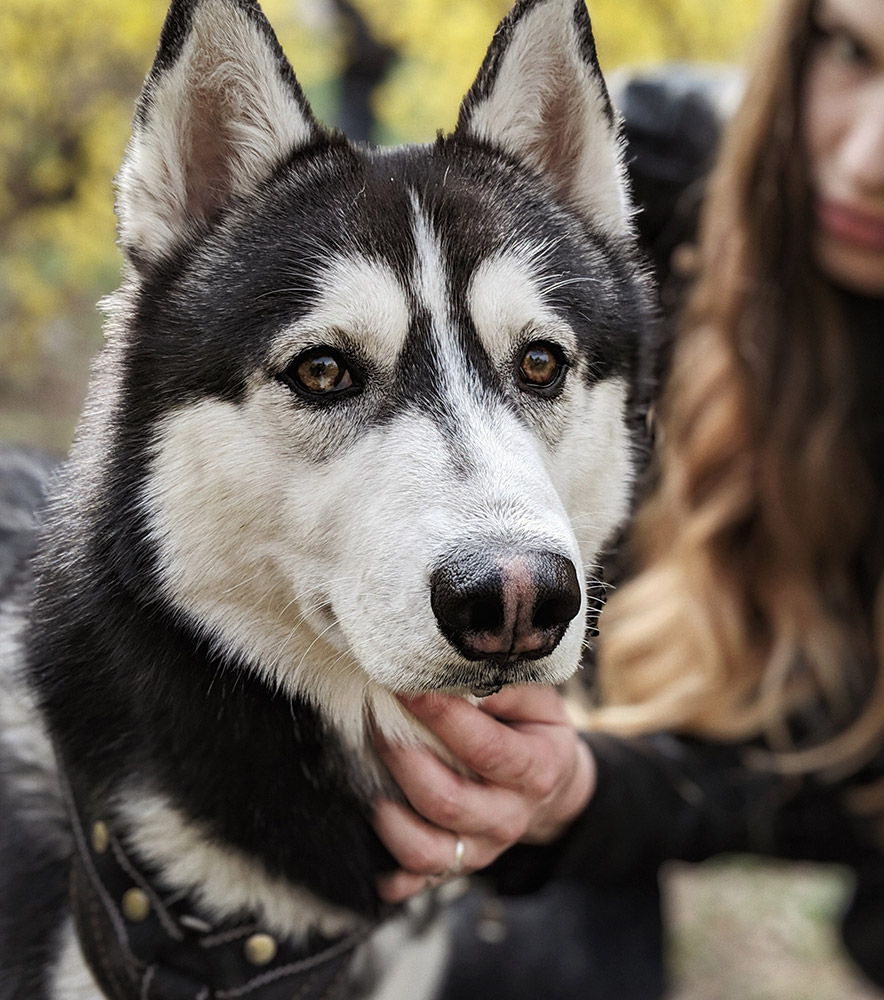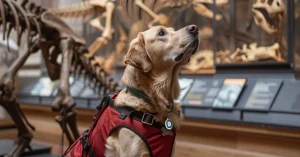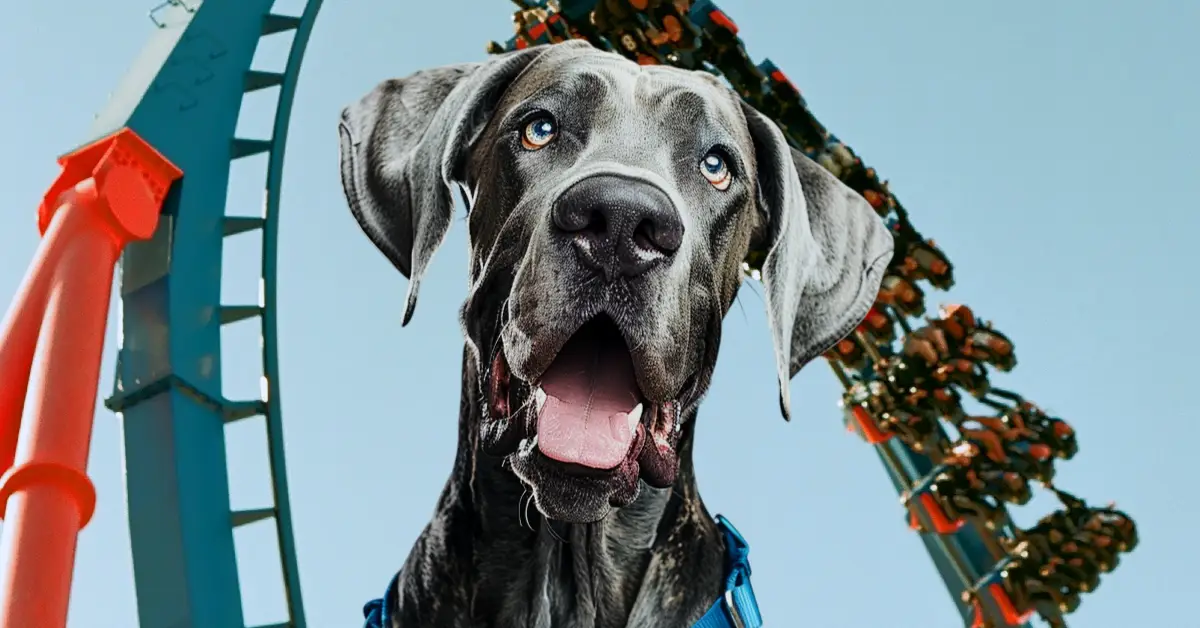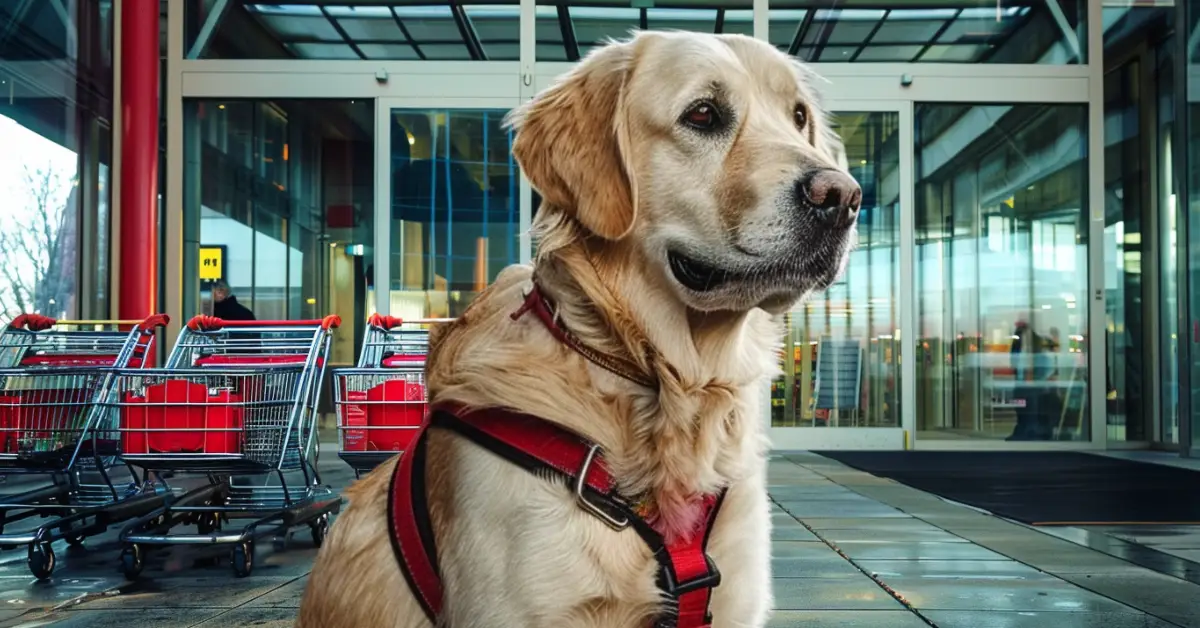How to Choose a Service Dog Prospect

The first step in beginning the training of a service dog is finding the right service dog prospect. Although most dogs do well in typical dog training, service dog training programs operate at a superior level. A service dog’s work goes above and beyond the usual tasks required of a pet, making the selection of an appropriate service dog prospect vital to having a successful service dog.
What is a Service Dog?
The Department of Justice’s Americans with Disabilities Act (ADA) defines a service dog as a dog trained to perform a task(s) directly related to their handler’s disability. Under federal law, service dogs may follow their handler into areas where pets aren’t usually allowed.
Service dogs assist people with disabilities through tasks like visual guidance, helping them to walk or move, and obtaining medication. Because service dogs offer such vital assistance to a person’s health and safety, service dogs have rights that regular pets do not.
Why Can’t Any Dog Be a Service Dog?
As adorable, loyal, and fun most dogs are, they’re not cut out for the life of a service dog. Just like humans, dogs have a broad range of temperaments and personalities. Some dogs are quicker to become frustrated or give up. Other dogs may not have the ability to maintain their focus for long periods. Even with traits like these, dogs who are difficult to train or find it challenging to focus can be loving and joyful pets. As service dogs, however, these traits get in the way of staying on top of their demanding jobs.
Finding the right prospect for service dog training increases the likelihood that you will end up with a successful service dog that’s right for you.
The unfortunate truth is most dogs cannot be service dogs. They make great pets but aren’t ideal for performing daily service dog work. Choosing the wrong dog can mean months of training for a dog that, in the end, can’t complete the job they were trained for. The wrong dog can also be a costly choice.

Choosing a Breed
Before searching for a prospective service dog, take inventory of the tasks the service dog needs to perform to assist with your disability. Gearing your search towards fulfilling the necessary service dog duties can make finding a service dog much more manageable. For instance, a small pomeranian wouldn’t be a safe choice for an adult male looking for a dog to prevent him from falling. Choosing the right breed starts with picking the right size of dog for the tasks and environment.
Another important factor is to determine whether you are allergic to dogs. If so, you may want to look for a hypoallergenic dog breed that suits your needs.

Choosing the Right Age
It’s tempting to choose puppies because they seem like a blank slate, but it’s difficult to predict the traits a puppy will have once they’re all grown-up. Adolescent dogs may be a viable option, as long as their social and environmental background is known. Yet, just like humans, adolescence is a tumultuous phase. A new home and the training may affect their development and temperament. However, when a dog is about 18-months old to three years old, their dispositions are more solidified.
Choosing the Right Traits
Training a service dog is hard work for the trainer and the dog. Finding a dog with the right characteristics for service dog work helps to make the process less challenging. The following is a list of character traits that you may want to consider when looking for your service dog:
- Motivated by food or toys
- Medium level of energy (enough to work, but not overly stimulated)
- Adaptable to many different situations
- Graceful, not clumsy
- A desire to please and interact
- Not reactive if someone accidentally injures him or her
- Not anxious or jumpy
- Trusting and eager to please
- Has a desire to interact with people
- Able to focus, not easily distracted
- Does not startle easily

Making Sure Your Prospect is Healthy
Once you believe you’ve found an appropriate service dog prospect, it’s crucial to assess the dog’s health. A service dog is a costly investment. You want to ensure that the dog can physically execute the tasks it needs to fulfill. Have prospects x-rayed and conduct a health exam at a veterinary office. Other health issues to look out for are:
- Vision and hearing problems
- Bowel or urinary issues
- Skin problems
- Severe allergies
- Hip and mobility issues
Find the Best Service Dog Prospect for You
Because a service dog is not a pet, you can’t search for a prospect the same way you would for a pet. The most fluffy and boisterous dog can be a loving pet for your family, but it may not have the ability to fulfill the training required for a service dog. According to the American Kennel Club, the dropout rate for dogs in service dog training is 50 to 70%. The best prospect is the one that can do the job for you safely; therefore, finding the right service dog prospect is vital.
About the Author: The writing team at Service Dog Certifications is made up of folks who really know their stuff when it comes to disability laws and assistance animals. Many of our writers and editors have service dogs themselves and share insights from their own experiences. All of us have a passion for disability rights and animals.
Latest Posts

Can you bring a service dog to a museum?
Yes, you can bring your service dog to the museum! All the major U.S. museums welcome guests with service animals in accordance with the Americans with Disabilities Act (ADA). There are some areas, however, that might be off-limits. Here’s what you should know if you plan to spend a day at the museum with your […]

Read More

How to Bring a Service Dog to Six Flags Magic Mountain
Service dogs are welcome at Six Flags Magic Mountain so long as they are, according to Six Flags, “trained to do work or perform tasks for people with disabilities.” Of course, your dog must be housebroken and remain on a leash or harness and under your control while at the park — and the park […]

Read More

When Stores Can Refuse Your Service Dog
According to the Americans with Disabilities Act (ADA), service dogs should be allowed into any store most of the time. A store owner can legally exclude a service dog if they are actively growling, snapping at, or frightening customers, or if the dog is obviously out of the control of its owner. Ordinary behaviors — […]

Read More


